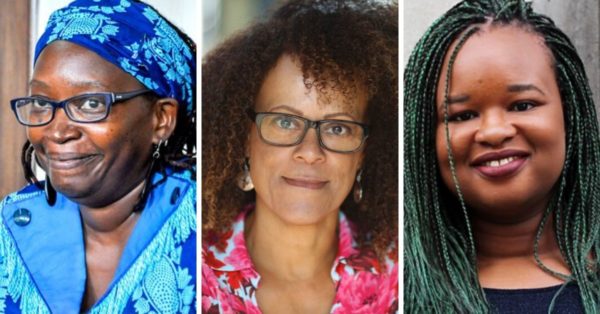
OkayAfrica has released its 2020 “100 Women” list celebrating “extraordinary women from Africa and the diaspora making waves across a wide array of industries, while driving positive impact in their communities and the world at large.” The poet and spoken word artist Bassey Ikpi and the Booker Prize-winning novelist Bernardine Evaristo are included, as are the academic, feminist & queer rights activist Stella Nyanzi and the novelist Oyinkan Braithwaite. Also making the list are the novelist Nana Oforiatta Ayim, the journalist Kiki Mordi, and sisters Lola Ogunnaike, a fashion journalist, and Nikki Ogunnaike, a fashion editor. The eight appear alongside actresses and filmmakers Danai Gurira and Genevive Nnaji, sportswomen Murielle Ahouré and Marie-Josée Ta Lou, and Miss Universe 2019 Zozibini Tunzi. Bassey Ikpi’s debut memoir I’m Telling the Truth But I’m Lying was included in Brittle Paper’s Top 15 Debut Books of 2019.
The 2018 list included eleven literary figures: Nnedi Okorafor, Taiye Selasi, Leila Aboulela, Alexis Okeowo, Koleka Putuma, Marie Ndiaye, Yrsa Daley-Ward, Glory Okon Edim, Malebo Sephodi, Upile Chisala, and Brittle Paper editor Ainehi Edoro who appeared in the Media category. The 2019 list included Aminatta Forna, Bibi-Bakare Yusuf, Sisonke Msimang, Tomi Adeyemi, Clemantine Wamariya, and Kemiyondo Coutinho.
Here are the eight women’s profiles by OkayAfrica.
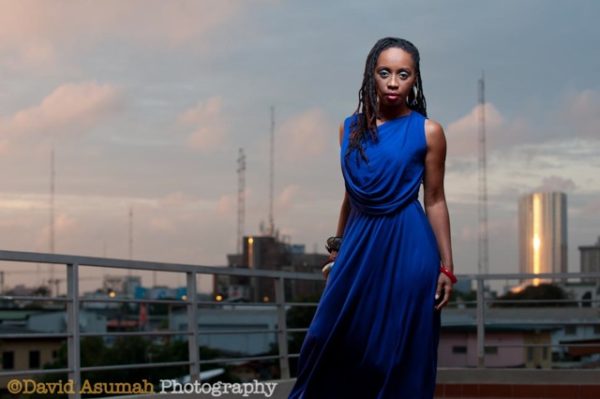
If you search YouTube, you will find decade-old videos of Bassey Ikpi performing her poems on Def Poetry Jam. She is not new to this work.
Ikpi began her career on BET’s “Teen Summit” before moving to New York and performing with “Def Poetry Jam.” The self-described ex-poet since graduated to publishing her first book in 2019, “I’m Telling The Truth But I’m Lying,” a piercing chronicle of the Nigerian-American’s battle with mental illness. She had been struggling with depression and bipolar II for years and was even considering suicide when she was writing the book. “I wanted people to know I did the best I could, that I’ve been trying for decades to be okay. I wanted them to know it wasn’t their fault, there was nothing they could do or say,” Ikpi told Shondaland. “I wanted them to understand exactly what I was feeling and what I was going through, so I started writing a lot of that down for that purpose.”
She also is also the founder of The Siwe Project, a non-profit organization promoting mental health awareness in the Black community. Ikpi founded the project in the wake of the 2012 death of her close friend’s daughter, Siwe Monsanto, who died by suicide, according to the organization’s website. The book, in many ways, speaks to people, like Siwe, and those who love them. On the one piece of advice she would give to her younger self, she says, “you deserve to be here. Do everything you can to help you stay.” It’s a universal message for all Black youth to heed.
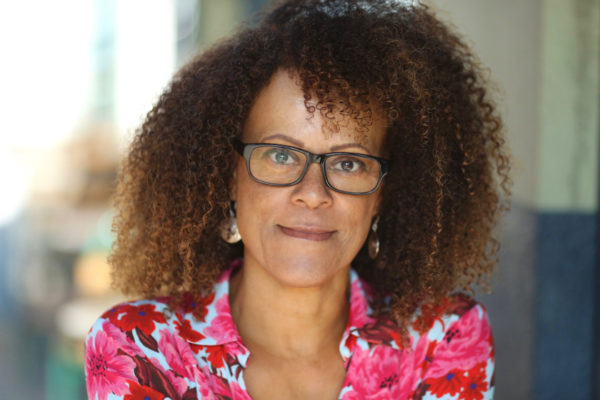
Last year was a big year for British author Bernadine Evaristo. Not only did her book “Girl, Woman, Other” win the highly prestigious Man Booker Prize, but she also became the first Black woman to ever do so. The book, which follows the lives of 12 Black women in Britain, was later picked by former President Barack Obama as one of his favorite books of 2019. “I wanted to create as many Black British female protagonists as I could get away with,” Evaristo, a creative writing professor at Brunel University London told Vanity Fair. “I decided that each woman would have her own section, but they are all kind of interdependent.” Her seven other books, including “Mr Loverman,” “Lara,” “Blonde Roots” and “The Emperor’s Babe,” focus, in some form, on the African diaspora experience.
Evaristo is excited about her global success but doesn’t expect it to immediately open up publishing opportunities for Black women writers. “We’re getting there,” she told Vanity Fair. “You can look at my success at the moment, and think, Oh, yeah, this is going to be a breakthrough; this is going to change everything! But I don’t think an individual success necessarily signals that the industry is opening up to everybody else. I think the way in which the publishing industry changes is through lobbying and activism … I think that books that become an economic success open doors for other writers …”
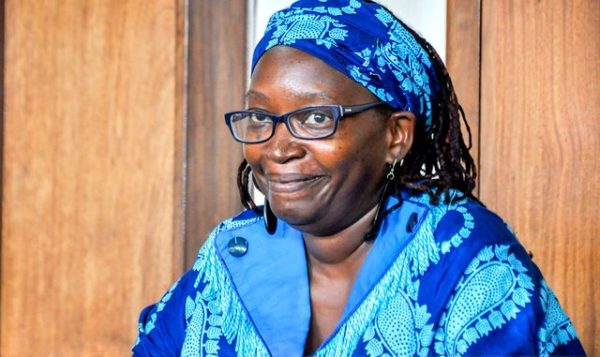
The 2019 trial of Dr. Stella Nyanzi—an Ugandan professor, feminist and activist who was jailed for insulting President Yoweri Museveni—has opened conversations about freedom of speech and political oppression in Uganda. And that’s just the beginning. When she was released from prison in late February after part of her case was dismissed, she didn’t hold back. It appears 18 months in prison have only emboldened her.
“Museveni must go. Yoweri Museveni you are on notice. I give you notice, Museveni. You can do whatever you want. We are ready for you, Museveni. We are tired. Stop oppressing Ugandans,” she said upon her release. In 2017, Nyanzi also spent 33 days in prison for a Facebook post in which she described Museveni as a “pair of buttocks,” after the president backtracked on a pledge to distribute sanitary towels to schoolgirls. While in prison, she was just prolific, releasing a book of poems that was widely consumed.
In January, she was awarded the Oxfam Novib/PEN International Award for Freedom of Expression 2020.
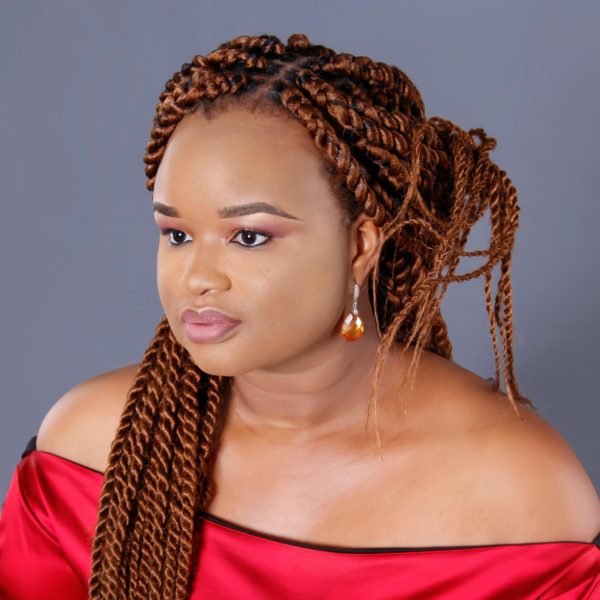
To write her bestselling novel “My Sister, the Serial Killer,” Nigerian novelist Oyinkan Braithwaite pushed out the first draft in a quick month in order to overcome major writer’s block. She had recently won the 2016 Commonwealth Short Story prize, but she was having doubts about how quickly she produced a work that would soon take over the literary world.
“So I let a year go by where I kept convincing myself I was going to write something fantastic, and I couldn’t.” Braithwaite told The Guardian. But that simply wasn’t true. The sensational bestseller about nurse Korede and her younger sister Ayoola—whose boyfriends keep winding up dead—has since won the 2019 LA Times Award for Best Crime Thriller, the 2019 Morning News Tournament of Books, the 2019 Amazon Publishing Reader’s Award for Best Debut Novel, and the 2019 Anthony Award for Best First Novel. It was also shortlisted for the Women’s Prize for Fiction 2019, long-listed for the Booker Prize 2019, and long-listed for the 2020 Dublin Literary Award. The book has also been optioned from the film company Working Title.
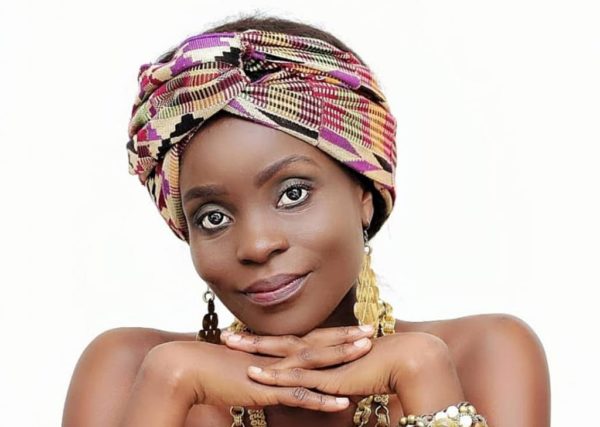
“The God Child,” the acclaimed novel by Ghanian historian Nana Oforiatta Ayim, may be the author’s first book, but she is not new to this. Indeed, Ayim is a Ghanaian writer, art historian, and filmmaker who founded the ANO Institute of Arts & Knowledge in Accra. It is through this institution that she created a pioneering pan-African Cultural Encyclopedia, which plans to map and archive historical and contemporary culture across Africa in 54 volumes for the 54 countries. Among her many diverse achievements, she also curated Ghana’s first pavilion at the Venice Biennale in 2019.
“The God Child” took 10 years to write and follows Maya, a Ghanaian woman who spends her childhood and adolescence in Europe but learns to reclaim her own Ghanaian story and history. And Ayim’s latest project, a mobile museum in Ghana, follows a similar theme. The museum can easily be taken apart and put on a lorry to travel throughout Ghana, changing to showcase the stories of the people in the communities in which it exhibits. “Everyone has a story,” Oforiatta Ayim told The National. “It doesn’t have to be a person who’s worth millions of pounds and has been hyped up by a certain gallery. There’s a richness and a wealth in each of our narratives.”
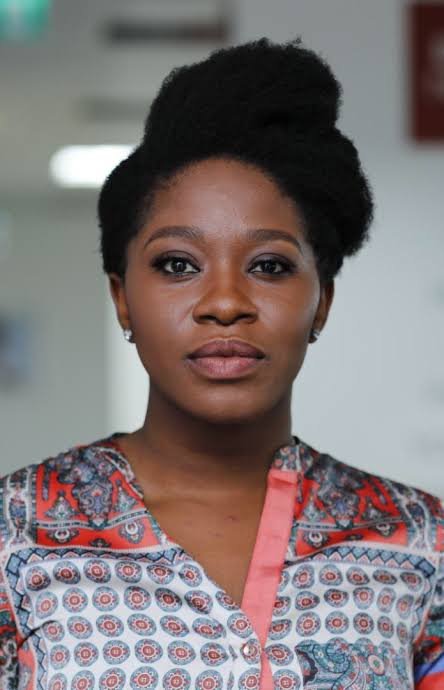
When BBC Africa Eye’s Sex for Grades film was released last October, a ripple was felt throughout the continent. The film exposed the levels of sexual harassment female students face at the university level in Nigeria and Ghana, and many women throughout Africa shared their own experiences following the release of the film.
Kiki Mordi is the Nigerian journalist who spent over a year investigating the story, spurred by her own experience of sexual harassment at university. She told NPR that she was unable to graduate from university after one of her professors withheld her exam results for two semesters because she refused his sexual advances. “It was clear nothing was going to be done,” she said following her attempts to report him. So she was not surprised at the visceral reaction to the documentary film, especially among women.
“Deep down I knew that a lot of women would connect because during the phase of talking to people, I could hear my story repeated over and over again,” she told OkayAfrica. “It was just millions of me everywhere. I crossed countries, all the way to Ghana, and it was the same thing.” After the release, the universities issued statements announcing the suspension of the lecturers caught on film. Further, the Nigerian Senate has reintroduced legislation that would criminalize sexual advances by lecturers toward students and carry mandatory jail time for lecturers found guilty of sexual harassment.
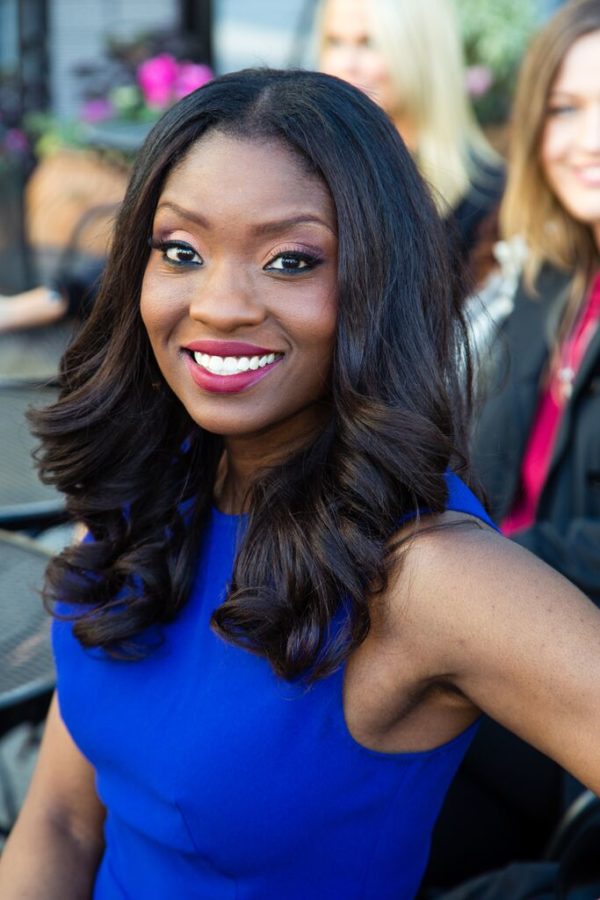
For many Black women journalists who cover entertainment, Lola Ogunnaike has a career to envy. Whether she’s covering a red carpet or writing celebrity profiles, Ogunnaike has left her stamp of excellence on that world of journalism. On most days, you will find this Nigerian-American journalist giving her expertise as a host on PEOPLE TV, and sharing her expertise as a commentator on CNN and MSNBC. Her groundbreaking profile of Burna Boy for the Spring/Summer 2020 issue of GQ showcased a side of the African superstar that few have seen. She called the profile a “labor of love.” But for followers of her work, it was a cherry on top of a career that includes bylines in The New York Times, Rolling Stone, Elle, and many other publications.
Most importantly, Ogunnaike’s career in journalism is a beacon for other Black women in the industry. A constant reminder that we can take up space, Ogunnaike is setting the infrastructure for young writers and media fellows following her lead.
Ogunnaike is the sister of editor Nikki Ogunnaike, who is also on this year’s 100 Women list.
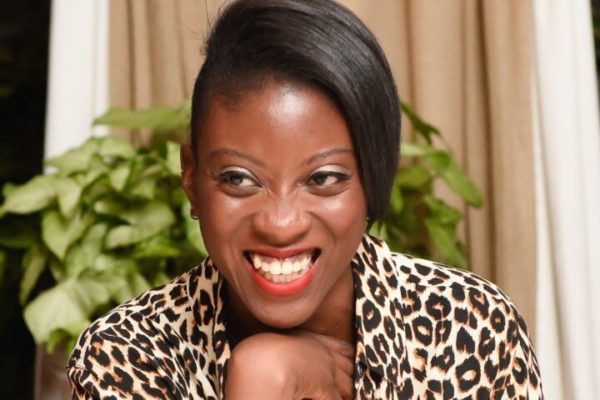
Nikki Ogunnaike is steadily making her way up the masthead at some of the world’s biggest magazines, including Vanity Fair and Glamour. After leaving the Style Director position at ELLE.com last October, she is now the deputy fashion editor at GQ under Fashion Director Mobolaji Dawodu.
And just like that, the fashion department at GQ is run by two Nigerian-Americans.
“Mobolaji (Dawodu) is a Nigerian-American and I’m a Nigerian-American. So first things first, having two Nigerian-Americans running a fashion department is goal check number one—that’s so major at a company like Condé Nast in media today,” she told Fashionista. Asked what brings her the most joy in her career, Ogunnaike mentions the one thing that’s so imperative to diversity in corporate spaces: Reaching back.
“I’d like to encourage more Africans to get into the arts—music, writing, fine art, and more,” she tells OkayAfrica.
Ogunnaike is the sister of journalist Lola Ogunnaike, who is also on this year’s 100 Women list.
Brittle Paper congratulates Bernardine Evaristo, Stella Nyanzi, Oyinkan Braithwaite, Nana Oforiatta Ayim, Bassey Ikpi, Kiki Mordi, Nikki Ogunnaike, and Lola Ogunnaike.









COMMENTS -
Reader Interactions